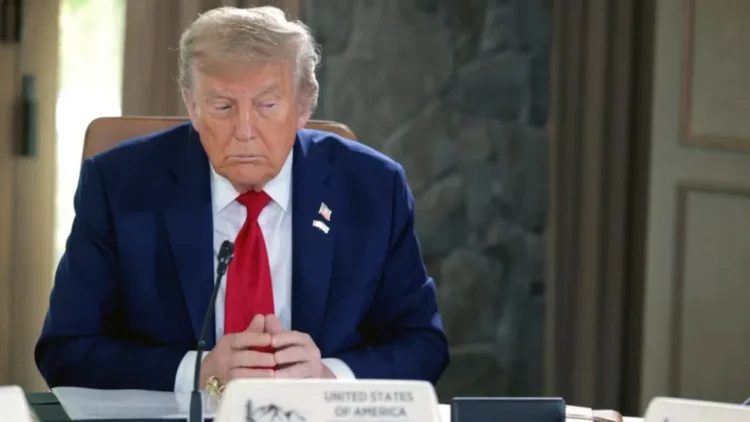President Trump’s views on the Israel-Iran conflict have ranged from outright backing for Israel’s strikes to emphatic distance from them, and back again. His vagueness has contributed to the air of unease as the conflict has escalated, as has his withdrawal from the G7 in Canada. He just stated that he had “big stuff” to return to in Washington.
The White House stated that his resignation was due to “what’s going on in the Middle East,” but later on Truth Social, he noted that it had nothing to do with a cease-fire.
Earlier, Israeli Prime Minister Benjamin Netanyahu said the assaults were “fully coordinated” with the United States. So what forces are weighing on Trump, and more importantly, what are his alternatives now?
As Israeli missiles pounded Tehran on Thursday, Trump threatened Iran’s leaders with “even more brutal” strikes by his Israeli partner equipped with American weapons. We understand Trump’s ultimate goal. He believes, like Netanyahu, that Iran cannot possess a nuclear weapon. Crucially, unlike Netanyahu, he has stated that his preferred alternative is an agreement between the United States and Iran.
However, he has been ambivalent about how to get there, sometimes relying on the threat of force and other times urging diplomacy. Last week, he remarked in the same breath that an Israeli strike on Iran would either assist or “blow” the agreement.
Also Read:






























































